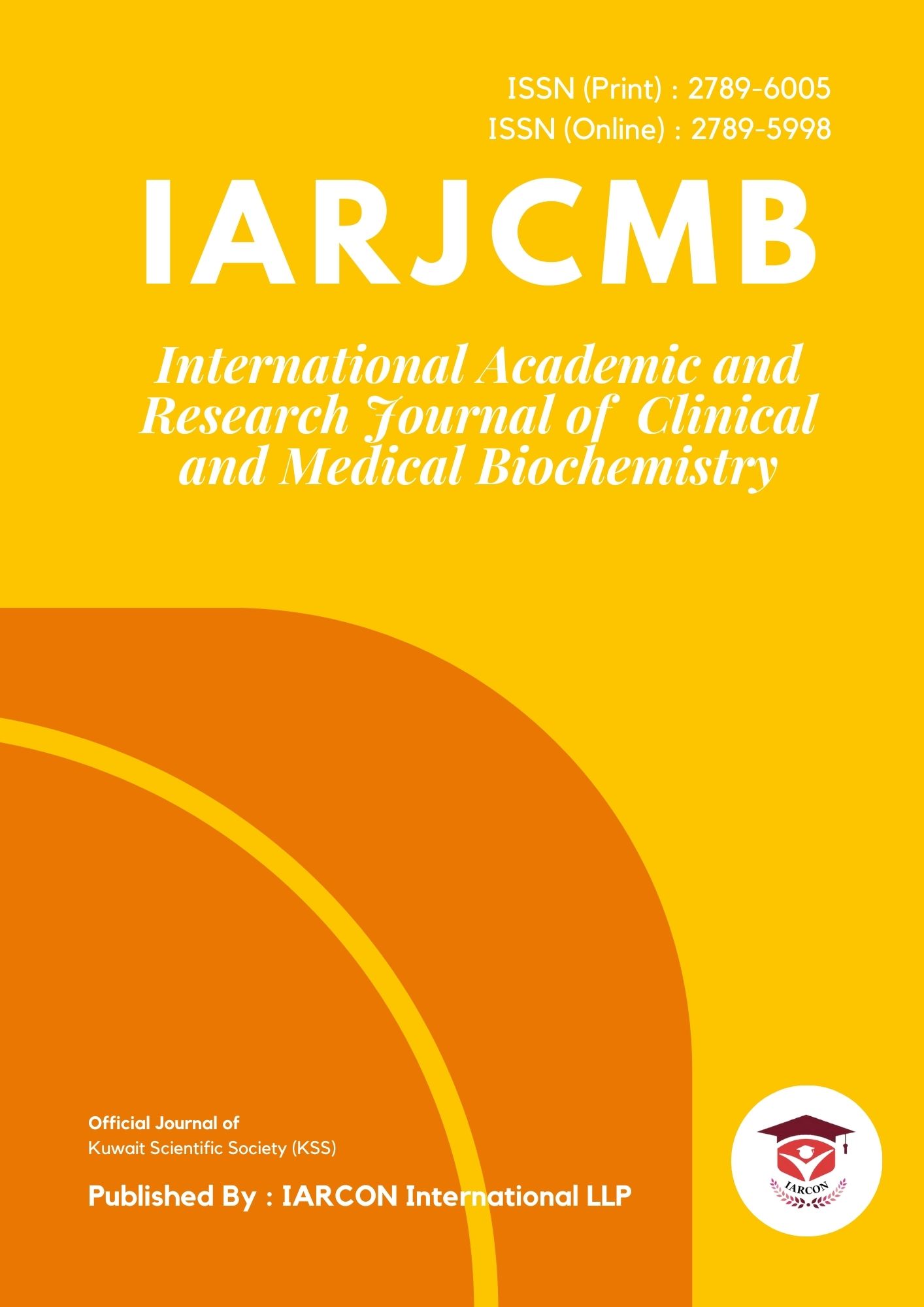Role of Maternal Serum Lactate Dehydrogenase in Determining the Severity of Preeclampsia: A Case-Control Study
Background: Preeclampsia, a pregnancy-specific hypertensive disorder, affects 2–8% of pregnancies globally and poses significant maternal and fetal risks, including long-term complications such as chronic hypertension and cardiovascular disease. Elevated serum lactate dehydrogenase (LDH) levels are associated with endothelial dysfunction and tissue damage, making LDH a potential biomarker for the severity of preeclampsia.Aim: This study investigates the role of maternal serum LDH levels in assessing the severity of preeclampsia and its association with maternal and fetal outcomes. Patients and Methods: A case-control study was conducted at Azadi Teaching Hospital from November 2023 to April 2024, involving 120 singleton pregnant women. Participants were divided into two groups: 60 women with preeclampsia and 60 normotensive pregnant controls. Exclusion criteria included chronic hypertension, diabetes mellitus, kidney, liver, or cardiovascular diseases, and smoking. LDH levels and other clinical parameters were measured and analyzed using SPSS v24.0, with a significance threshold of p<0.05.Results: No significant differences were found between the preeclampsia and control groups in terms of age, gestational age, parity, and BMI. However, systolic and diastolic blood pressures were significantly higher in the preeclampsia group (p=0.001). Serum LDH levels were markedly elevated in the preeclampsia group (436.5±31.6 U/L) compared to controls (160.6±12.34 U/L; p=0.001). Among preeclamptic women, those with severe preeclampsia had significantly higher LDH levels (545.25±42.18 U/L) than those with mild preeclampsia (346.81±28.92 U/L; p=0.001). ROC curve analysis revealed an AUC of 0.97, with LDH cut-off of 412.5 IU/L, yielding a sensitivity of 87.5% and specificity of 90.8% for predicting severe preeclampsia.Conclusion: Serum LDH is a reliable biochemical marker for assessing the severity of preeclampsia. Elevated LDH levels are strongly associated with severe preeclampsia and poorer maternal and fetal outcomes. Early identification of elevated LDH can guide timely management to reduce morbidity and mortality.

